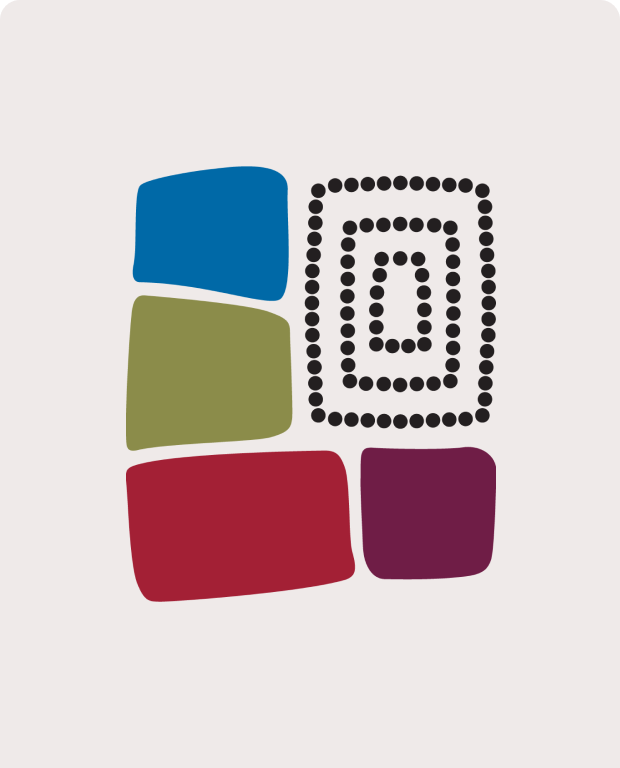Handwashing campaign

Infectious disease such as respiratory and intestinal infections are the leading causes of hospitalisation for Indigenous infants and children in the NT, with rates many times higher than in the non-Indigenous population. Skin infections are also a major contributor to the burden of illness experienced by Indigenous infants and children.
Poor environmental health conditions are one of the underlying factors behind the high rates of chronic disease in remote Indigenous communities. This project sought to reduce the incidence of infectious disease in young children by increasing the rate of handwashing. The project also considered the influence of poorly maintained housing on health outcomes. Housing is identified as one of the key social determinants of health.
The long term goal of this project was to reduce the person to person, and environment to person, transmission of pathogenic organisms which cause diarrhoea, skin sores and respiratory disease. The objectives of the project were to:
- increase the rate of hand washing with soap after using the toilet, after cleaning up after a child who has defecated and before handling food among men, women and children
- increase awareness about the benefits of washing hands with soap after going to the toilet, after cleaning up after a child who has defecated and before handling food among men, women and children
- positively influence the attitude of men, women and children about washing hands with soap after going to the toilet, after cleaning up after a child who has defecated, and before handling food
- increase awareness about the importance of safely disposing of children’s faecal matter (disposable nappies in the bin, use toilets, clean up after small children when they defecate on the ground, soak soiled cloth nappies).
Strategies for implementation included:
- determine the barriers and drivers to handwashing with soap in Indigenous communities, using formative research
- develop and implement a social marketing campaign and community based strategies to promote the benefits of handwashing and the safe disposal of children’s and infants’ faeces. The project was piloted in an Indigenous community in the Top End and in Central Australia
- develop a plan to improve housing maintenance outcomes in conjunction with Community Housing Officers and councils.
Related resources:
- No Germs on Me resources on Australian Indigenous HealthBulletin website

